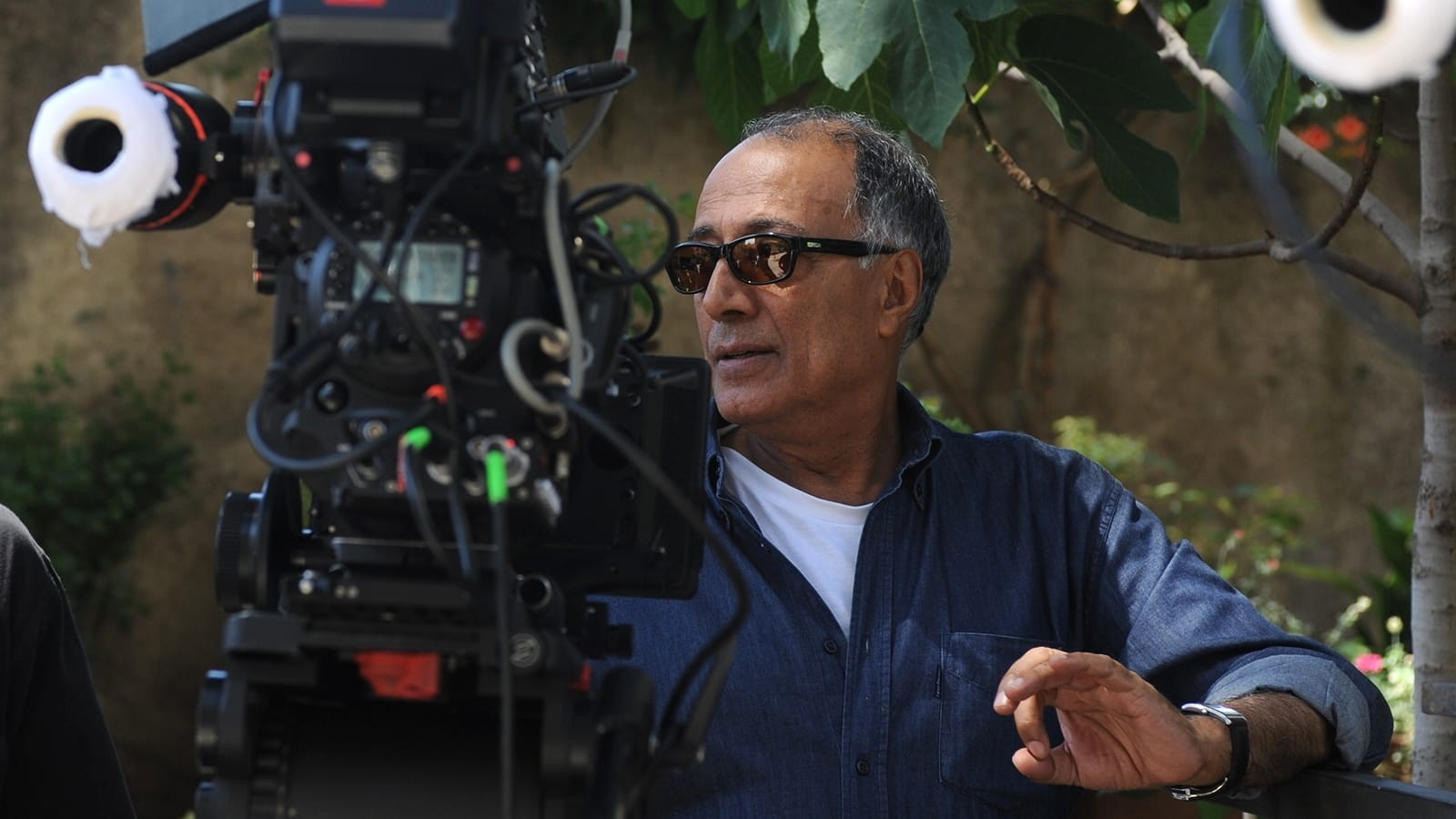Three Weeks of Kiarostami

As Jean-Luc Godard once put it, “Film begins with D. W. Griffith and ends with Abbas Kiarostami.” Deeply philosophical in his themes but also disarmingly playful in his approach to film form, the late Iranian master gave audiences a new way of seeing the world, recalibrating our perception of time, space, and the boundary between documentary and fiction. The full breadth of his cinematic art is being showcased in the most comprehensive retrospective of his work ever assembled, kicking off this weekend at New York’s IFC Center and touring nationwide later this year.
Not
only does this three-week program bring widely hailed
masterpieces such as Taste of Cherry and Close-up back to the big screen, it also highlights some of Kiarostami’s most underappreciated gems, including several youth-themed short films he made early
in his career for Iran’s government-run Institute
for the Intellectual Development of Children and Young Adult. Leading up to the
Criterion release of The Koker Trilogy next
month, Abbas Kiarostami: A
Retrospective is an extraordinary opportunity for viewers to immerse themselves
in the world of this inimitable artist, and to explore the complex ways in which his style and thematic concerns evolved over his nearly five-decade career.
The series has been the
subject of a number of illuminating articles this week. Here are the highlights:
- At RogerEbert.com, Matt Zoller Seitz speaks to critic Godfrey Cheshire, who has written extensively about Kiarostami over the years and will make several appearances at the retrospective. Reflecting on a new anthology of his interviews with the filmmaker, Cheshire talks poignantly about their relationship: “I considered him a very good friend . . . I got to know him well enough that I saw a kind of autobiographical dimension in his work that I don’t think I would have seen, or seen as clearly, if I hadn’t known him personally.”
- Max Nelson’s in-depth appreciation in Harper’s notes how deftly the director defied convenient ideological categorization. “References to ‘humanism’ saturate the writing Kiarostami inspired . . . But he was no less interested in the limits of human effort than in what it could do. His subjects kept finding that the constraints on their freedom were tighter than they’d hoped for and seeing their opportunities for contemplation shrink.”
- In this short but insightful appraisal, the New Yorker’s Richard Brody finds that while Kiarostami was careful to work within the limits set by Iranian censors, his films also expose those restrictions: “his tales of desire and death dramatize the vanity of man-made laws that oppose the force of human nature.”
-
Writing for the Notebook, Lawrence Garcia pays
especially close attention to the director’s early short films and how their
pedagogical intent is complicated by their often mischievous and unpredictable sensibility: “To emphasize the play impulse inherent in
Kiarostami’s films is not at all to label them as trifles—and in fact it is the
director’s recognition of the fundamental seriousness of play that provides his
films with their peculiar, animating tensions.”
Visit IFC Center’s website for showtimes, and check out Janus Films’ trailer for the retrospective below:








